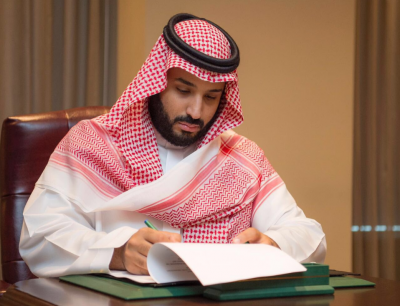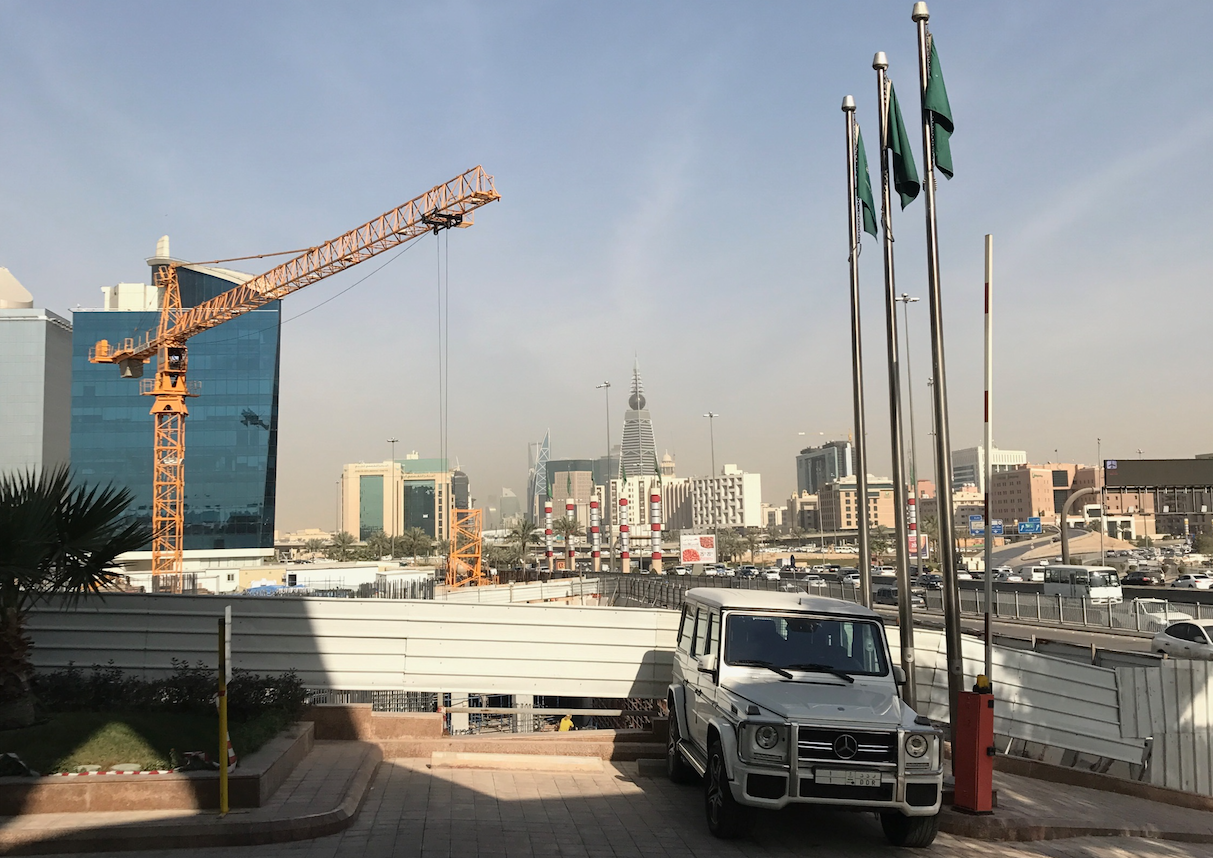Energy subsidies have long been a significant drag on the Saudi economy on numerous fronts, but as Vision 2030 reforms move ahead, Saudi Arabia is reportedly eyeing further cuts to its domestic energy subsidy program, long a third rail for Saudi domestic politics.
According to a Bloomberg report, the government will aim to phase out “subsidies for gasoline and jet fuel in November at the latest,” embracing head-on the tough short-term reforms needed for long-term prosperity and growth.
Domestic energy subsidies have kept gasoline prices for Saudis among the lowest in the world, enabling businesses to have cheap transportation costs and allowing drivers in the Kingdom the ability to fill up their tanks for a fraction of what drivers in other countries pay.

Crown Prince Mohammed bin Salman.
That these subsidies are expensive and economically inefficient has long been known by Saudi officials, but reduced revenue due to oil’s significant tumble on international markets in 2015 and an ambitious reform plan headed by Crown Prince Mohammed bin Salman has made subsidy reductions imperative. As Bloomberg notes today, removing energy subsidies is politically sensitive in the GCC “where many nationals have grown accustomed to generous state benefits and handouts. The slump in revenue from oil exports have left governments with few options as they grapple with rising budget deficits.”
Saudis are also a car-loving culture, and most cities in the Kingdom were built without significant plans for public transportation and walkability. But large-scale transportation projects, including railroads and city metro projects like the Riyadh metro, are under development or already online, easing the burden on lower income residents and families for which car ownership is not an option.
Energy subsidies cost Saudi Arabia roughly $120 billion dollars in 2014, according to economist John Sfakianakis. With oil prices halved since then, energy subsidies were estimated to cost Saudi Arabia $52 billion in 2015, or 8 percent of gross domestic product, according to Bloomberg. Saudi Arabia’s energy subsidy program is a significant portion of all energy subsidies worldwide.
“Using more of the oil today, leaves fewer resources for future generations to benefit,” Sfakianakis wrote for SUSTG in an opinion piece in 2014.
“Now is the time for subsidy reform,” he said.









